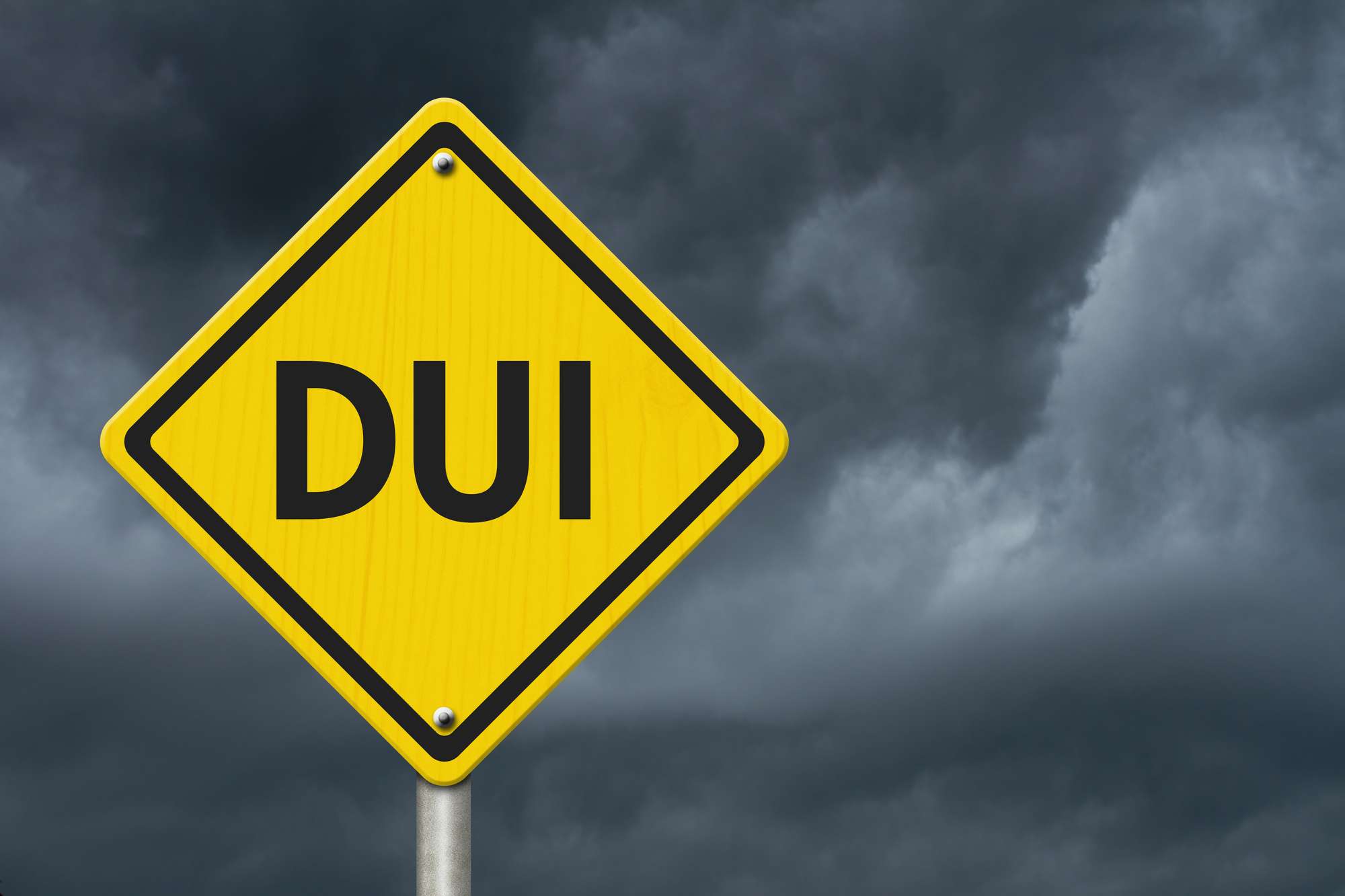Every year, thousands of people die in crashes as a result of driving under the influence and 1/3 of all traffic deaths involve a driver who has a blood alcohol content (BAC) of .08 or above.
If you are facing charges of driving under the influence, you may be wondering the difference between a DUI vs. DWI. We’ll break it all down for you. Read on to learn more.
DUI vs. DWI: Definition
Because each state makes its own laws, the definitions of DUI and DWI vary. In general, both DUI and DWI are acronyms used to describe drunk driving or impaired driving.
DUI stands for driving under the influence and DWI stands for driving while intoxicated. In some states, there is a difference between DUI and DWI, where DUI could mean that you simply have drugs or alcohol in your system while driving. If you are intoxicated, though, you might get charged with DWI, which means a BAC over the legal limit.
Some states differentiate between driving under the influence of alcohol from driving while impaired by drugs or other substances. A DUI means you are under the influence of alcohol and over the legal limit and a DWI means that you are impaired by prescription narcotics, street drugs, or some other substance (e.g., bath salts).
Finally, some states simply list one of these offenses in their state statutes and it covers any type of driving after consuming too much alcohol, drugs, or other substances that could cause impairment.
Other Acronyms
To make things more confusing, DUI and DWI aren’t the only acronyms out there to describe drunk or impaired driving. Some states use OUI and OWI, which stand for operating under the influence and operating while intoxicated.
By using the word “operating” instead of driving, these laws are a bit broader and can include situations where a vehicle is stopped and not running, but the driver is still in the driver’s seat, under the influence. Because the word operating has replaced driving, the vehicle does not have to be running or moving for an OUI or OWI to be issued.
One state, Ohio, uses the acronym OVI, which stands for operating a vehicle while impaired. You can get an OVI for operating a vehicle with a BAC of .08% or higher, operating a vehicle under the influence of any controlled substance, alcohol, or combination of the two, or operating a vehicle with a certain concentration of controlled substances in your body.
What to Do If You Are Charged With DWI or DUI
If you are charged with a DUI, DWI, or any other offense related to driving under the influence, the first thing you should do is to remain silent. Like you’ve probably heard on TV shows and movies, anything you say can and will be used against you in court.
You also can’t refuse a breathalyzer or field sobriety test either. Most states have implied consent laws which mean that by driving on the roads, you are implying your consent to be tested if you are stopped for suspicion of drunk or impaired driving.
Refusing to be tested will result in even more penalties, as your license will likely be suspended for refusal and can be suspended for longer if you are convicted.
After you are released, the next step is to contact an experienced lawyer, like this DUI attorney. They understand the laws, the process, and how to defend you or negotiate a plea bargain with the prosecutor. Don’t try to represent yourself or navigate the legal process without counsel.
Potential Penalties
Any type of conviction for driving under the influence of drugs or alcohol carries stiff penalties. Just as each state can define DUI, DWI, OUI, OWI, or OVI differently, they can also decide the penalties for the different offenses.
For example, in Florida, the penalties for DUI are as follows:
- Possible imprisonment
- Fines that vary depending on how many times you have been convicted of DUI before
- Impoundment or immobilization of the vehicle
In Florida, your first DUI conviction could result in a fine between $500 and $1000, imprisonment for 6 months (9 months if your BAC was .15 or higher), and impoundment of your vehicle for 10 days.
The more convictions you have, the steeper the fines get, the longer the imprisonment terms are (a 4th conviction, for example, could result in up to 10 years in prison), and the longer your vehicle gets impounded or immobilized.
Driver’s License Suspension
In addition to fines, imprisonment, and impoundment of your vehicle, you’re also going to lose your license for a period of time if you are convicted. How long you lose it depends on the state, the circumstances surrounding the arrest (for example, if you injure someone, your license will be suspended for a longer period of time), and how many times you have been convicted previously.
In Florida, you will lose your license for a minimum of 180 days and a maximum of one year for your first DUI offense that does not involve bodily injury. If your first offense does involve bodily injury, the minimum revocation period is three years. From there, the revocation period continues to increase.
After your fourth conviction, you’re facing mandatory revocation and the only opportunity to get your license back is to apply for a hardship reinstatement, which would allow you to drive to work, once you’ve had your license suspended for five years.
Driving Under the Influence and Insurance
Understanding the differences between a DUI vs. DWI is important to understand what you are being charged with and what potential penalties there are. Hiring an experienced criminal defense attorney to represent you as you face these charges is necessary, given the potential penalties.
Facing criminal charges can be scary. We’re here to help. Check out more of our legal articles today.

